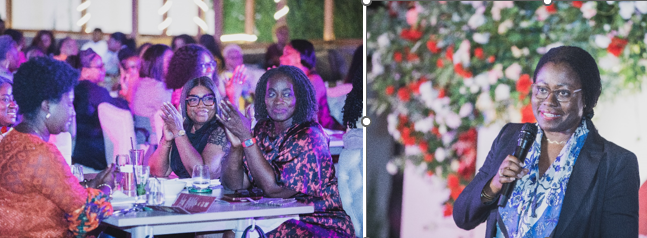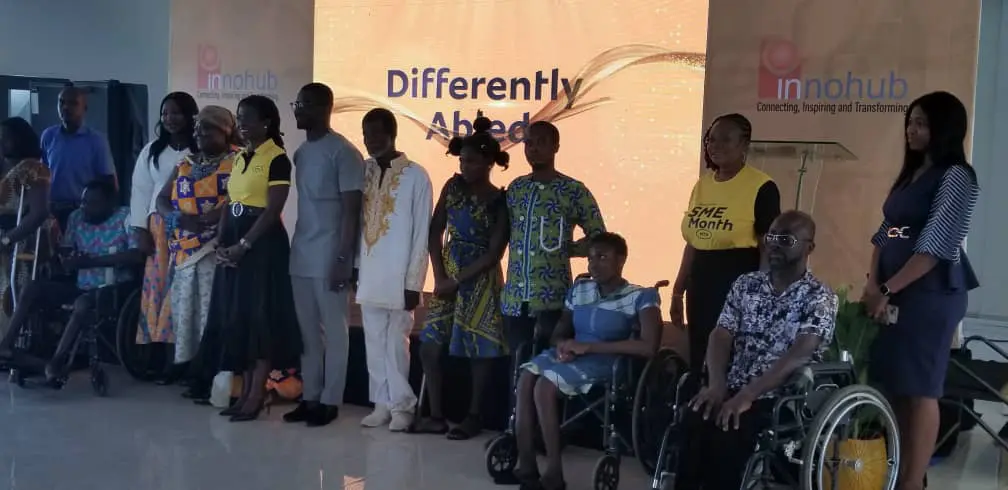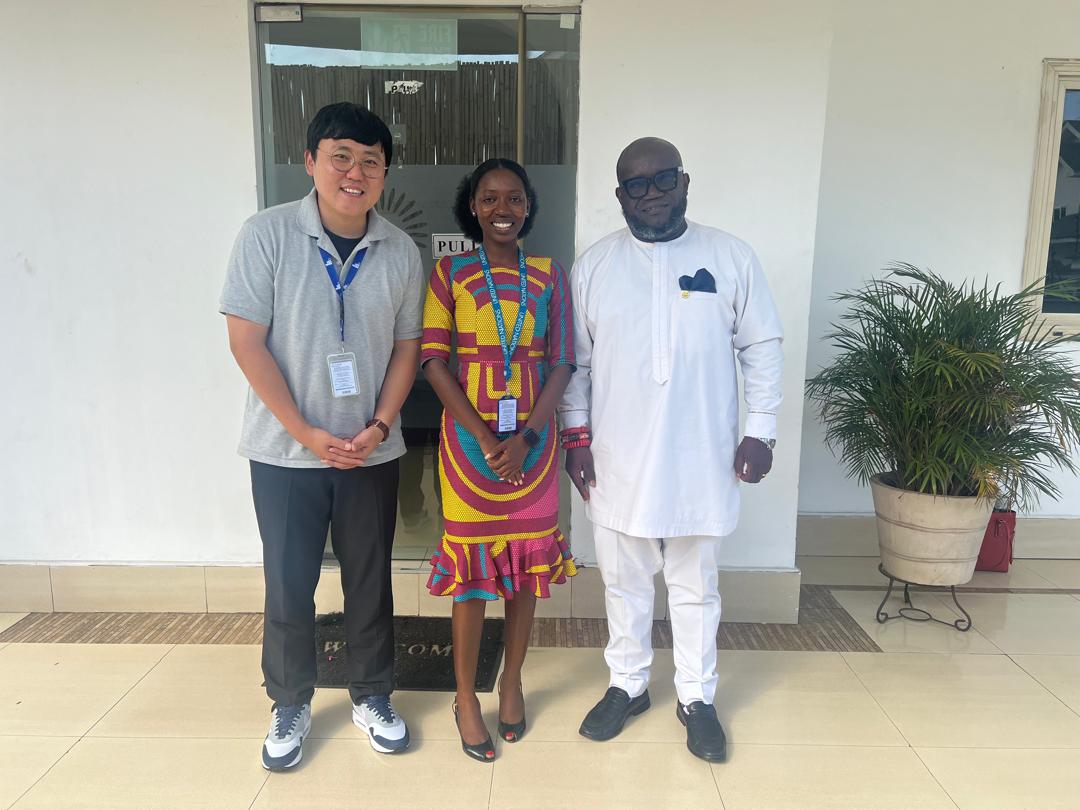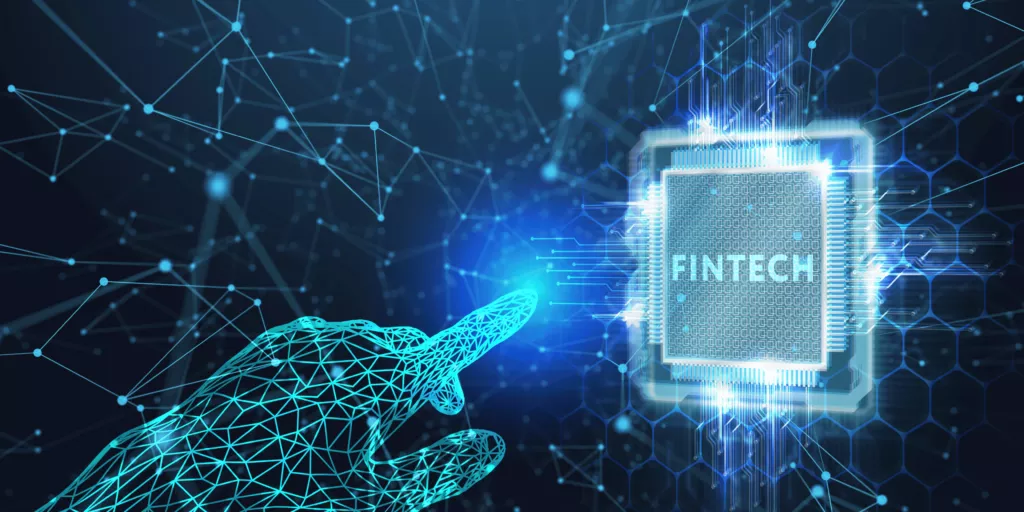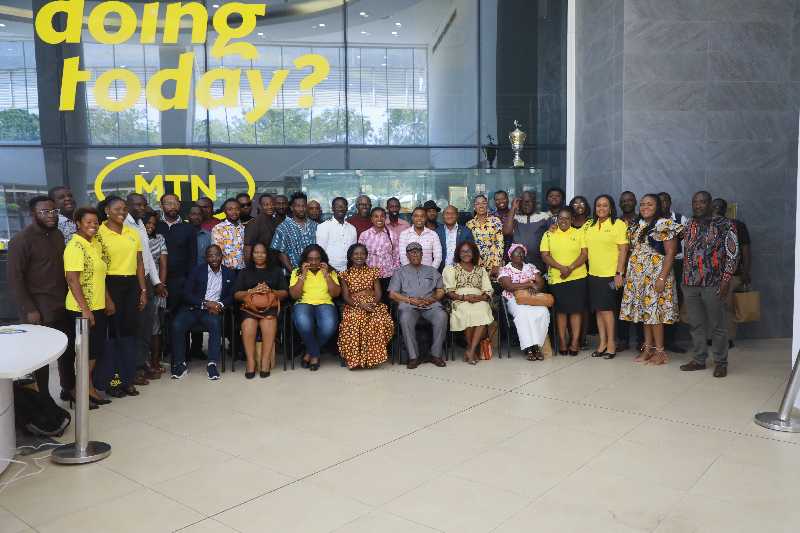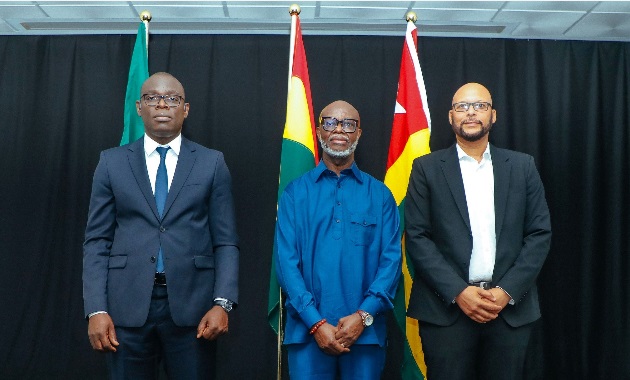Fibre cuts on Kasoa-Winneba road expansion affecting our network
The MTN Ghana Technical Manager for South West, Mr. Teddy Hayford Acquah has announced that the redesigning and expansion of the Kasoa-Winneba Highway is impacting negatively on MTN Fibre, as the Company has experienced several fibre cuts in the area.
The situation according to him, has resulted in network challenges, affecting especially MTN clients in Kasoa.
According to him, 80% of Kasoa MTN network problems have to do with the fibre cuts due to the Kasoa-Winneba heavy road expansion”.
“Our fibre infrastructure along the Kasoa-Winneba corridor has been encroached on and we are actually recording in total of about 62 kilometres of fibre damage. As a result, we have spent more than about 5million cedis already”, Mr Hayford Acquah revealed
He stated that MTN company continues to fight the menace of fibre cuts and as such, employs more engineers on the ground.
At the 2024 media and stakeholders forum held in Cape Coast, Mr. Hayford Acquah also pointed out another emerging concern that caused Fibre cuts which included private property developers, galamsey activities and vandalism which had always ended up impacting the fibre infrastructure.
“These are areas by law acquired permit to lay our cables and our infrastructure but unfortunately sometimes these developers do not actually consider these rights of ways that we have acquired and expect them to protect our infrastructure but they go in there and damage our infrastructure” he fumed.
He, therefore, appealed to the general public to use their various platforms to assist MTN and ” to protect this national asset because a lot of people now depend on the fibre infrastructure”.
The MTN Ghana Technical Manager for South West, Mr. Teddy Hayford Acquah has announced that the redesigning and expansion of the Kasoa-Winneba Highway is impacting negatively on MTN Fibre, as the Company has experienced several fibre cuts in the area.
The situation according to him, has resulted in network challenges, affecting especially MTN clients in Kasoa.
According to him, 80% of Kasoa MTN network problems have to do with the fibre cuts due to the Kasoa-Winneba heavy road expansion”.
“Our fibre infrastructure along the Kasoa-Winneba corridor has been encroached on and we are actually recording in total of about 62 kilometres of fibre damage. As a result, we have spent more than about 5million cedis already”, Mr Hayford Acquah revealed
He stated that MTN company continues to fight the menace of fibre cuts and as such, employs more engineers on the ground.
At the 2024 media and stakeholders forum held in Cape Coast, Mr. Hayford Acquah also pointed out another emerging concern that caused Fibre cuts which included private property developers, galamsey activities and vandalism which had always ended up impacting the fibre infrastructure.
“These are areas by law acquired permit to lay our cables and our infrastructure but unfortunately sometimes these developers do not actually consider these rights of ways that we have acquired and expect them to protect our infrastructure but they go in there and damage our infrastructure” he fumed.
He, therefore, appealed to the general public to use their various platforms to assist MTN and ” to protect this national asset because a lot of people now depend on the fibre infrastructure”.
The media and stakeholders forum brought together journalists, stakeholders, and MTN officials.
It was to map out the future of digital transformation, particularly how MTN envisions itself over the next five years.
On her part, MTN Ghana’s Chief Corporate Services and Sustainability Officer, Adwoa Wiafe said MTN was in the process of addressing the issue of the communities that could not access the MTN network as soon as possible.
She said MTN Mobile Money fraud was affecting their customers and the company was very concerned, citing that, “MTN is working with all stakeholders to ensure that the company is able to deal with the issues that arise out of the MoMo fraud”.
Madam Wiafe said last year the company paid about 5.9 billion Ghana cedis on taxes and “continues to do so to be able to support and contribute to Ghana’s development”.
Source: MyNewsGh.com



